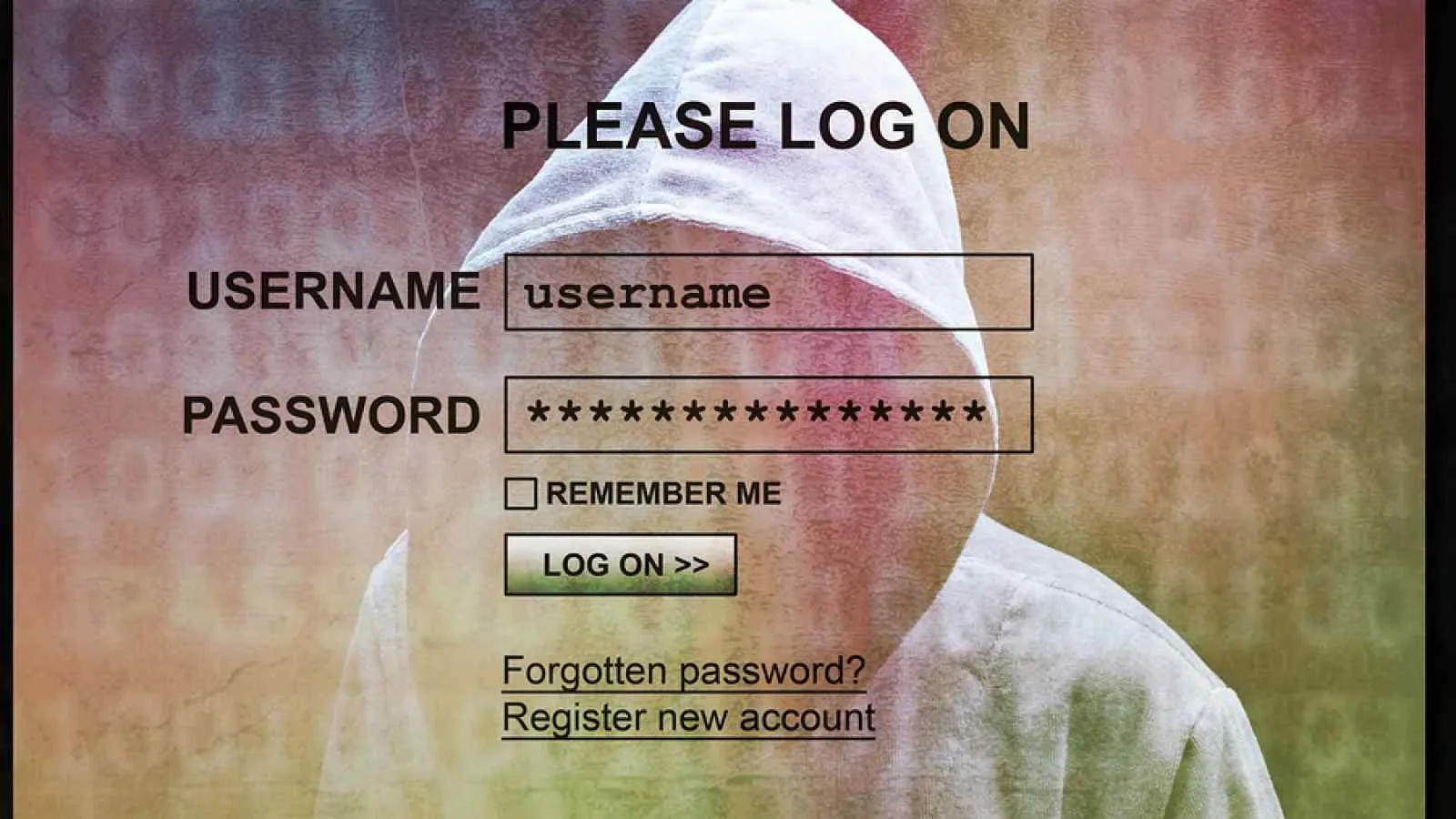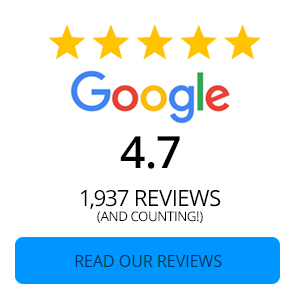If you've ever been duped, you know the feeling. From fear to anger and even hurt, you'll experience many emotions, and finally, resolve to never let it happen again.
The problem is, scams are nearly impossible to spot before the damage is done. That's what makes them so pervasive.
Thankfully, you're not alone. In today's world, scams run the gamut from sweepstakes to taxi cabs, weight loss gimmicks, real estate investing and even work-from-home swindles. Here are 3 ways to spot a rip-off before you're suckered in.
What's a Scam, Anyway?
First, run the scenario through a series of basic vetting questions. Here are some beginning questions based on historical cons that have been exposed.
- Does the salesperson have a business card with a physical address on it? Can you find that address in person? Does anyone answer the phone there? If not, walk away from the "deal."
- Does the opportunity require up front payment with delayed returns or postponed results? If so, do more research before agreeing to anything.
- How is the company structured legally? Use the state's online search tool to find and verify the business's good standing as either an LLC, Corporation, or nonprofit. If you cannot find the business online, that's a red flag.
- Is someone telling you the opportunity will disappear if you don't move quickly? If so, stop. Just hold up. Hang on, and get more information.
Listen to Your Gut
Next, find a quiet place and listen to your own thoughts. High-pressure sales presentations can be especially dangerous because of their fast-paced and exciting atmosphere. It's so exciting, in fact, that you may forget to wonder why "that one guy" treated you like a best friend when you've only just met him. Excessive jokes, nervous laughter, and even shifty "I'll-let-you-in-on-a-little-secret" closeness can all be indications of insistent sales, of which you should be wary.
Likewise, if you're online and a friend starts to sound like someone else, it probably actually is someone else. Creepers use algorithms to crack password codes and access emails, social media profiles, and even social security numbers. From there they can easily inveigle their way into your accounts as well, using the trust you've built with your friend, plus a little easy-to-find conversation history.
Use Credible Resources
Finally, get a second opinion from the outside experts. The Better Business Bureau is a great place to start. Local businesses can be verified on Angie's List, as well. A few minutes of research can be the difference between knowing what's a legitimate offer and what's a scam.
If you're afraid it's already too late, take heart. Recovering your identity and your dignity may take time - and a little administration - but you're not the first person to have fallen victim to the bad guys. You can take control, learn from the experience, and even encourage others with what you've learned. Coosa Valley Credit Union also has a learning center on our website that is ready to help you learn more about fraud and fraud prevention.

